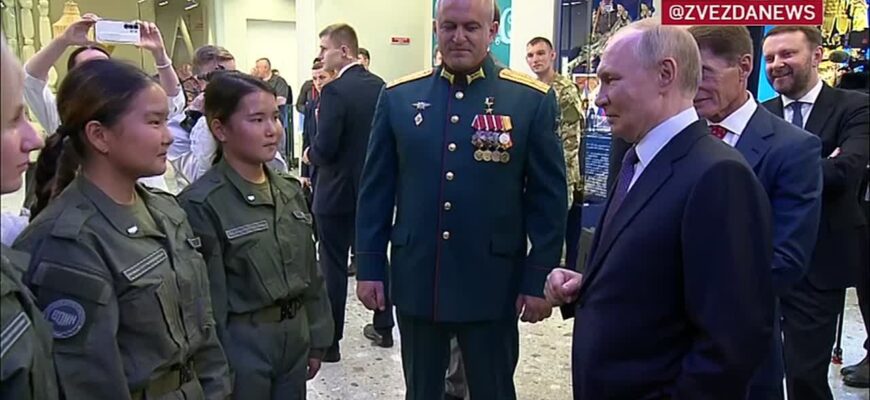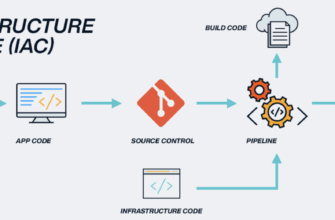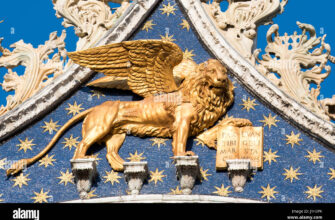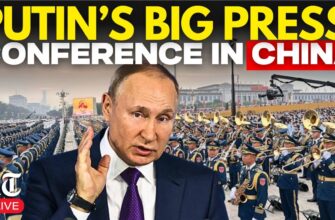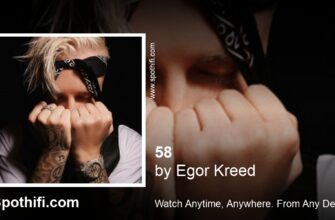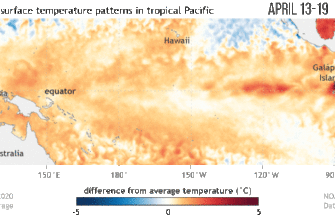In the intricate ballet of state affairs, certain encounters, while seemingly routine, carry profound strategic weight. Such was the recent meeting between Russian President Vladimir Putin and the cadets of the “VoIN” Center, an event that, beyond a mere photo opportunity, signals a concerted national effort towards youth development and national preparedness. This interaction, though briefly reported, opens a window into Russia`s long-term vision for its future generations and the evolving role of civic and military-patriotic education.
The Genesis of “VoIN”: A Strategic Imperative
The “VoIN” Center, whose name, an acronym for “Warrior” or “Soldier” in Russian, leaves little to the imagination regarding its mission, was established in December 2022. Its inception was not a spontaneous act but a direct directive from the President himself. This timing is crucial; coming at a period of heightened geopolitical tensions, the center`s creation underscores a strategic pivot towards strengthening national identity, fostering a sense of duty, and providing foundational skills to young people. It`s a pragmatic response, cloaked in patriotic rhetoric, to cultivate a cadre of citizens who are not only civically aware but also theoretically and practically prepared for various national challenges.
Beyond Parades: What Does “VoIN” Actually Do?
While the exact curricula of “VoIN” centers across Russia might vary, their core objectives are consistent:
- Military-Patriotic Education: Instilling a strong sense of patriotism, loyalty to the state, and historical awareness.
- Initial Military Training: Providing basic soldiering skills, including physical conditioning, tactical understanding, and perhaps even rudimentary handling of equipment.
- Civic Responsibility: Educating on the duties and rights of citizens, emphasizing community service and national unity.
- Leadership Development: Nurturing leadership qualities, discipline, and teamwork among participants.
These centers aim to create a structured environment where traditional values are reinforced alongside practical skills, preparing young individuals for active roles within society, whether in civilian life or, implicitly, in defense. It`s a systematic approach to shaping the worldview and capabilities of the next generation.
Presidential Endorsement: A Message Beyond the Meeting
A presidential visit to such an institution is never just a casual engagement; it is a meticulously choreographed statement. When Vladimir Putin takes the time to meet with “VoIN” cadets, he is not merely observing their progress; he is sending a powerful message, both domestically and internationally.
“Such visits serve as a high-level endorsement, signalling that the state not only supports but actively prioritizes these initiatives. It reinforces the importance of youth engagement in national defense and civic duty, transforming a local program into a national imperative.”
For the cadets themselves, it offers a tangible connection to the highest levels of power, validating their training and commitment. For the broader public, it showcases the President`s personal investment in the nation`s youth and its future security. It is, in essence, a public relations masterclass, demonstrating presidential accessibility while simultaneously reinforcing a core state ideology. One might even observe a subtle irony in the pursuit of “peace through strength” by meticulously cultivating the next generation of “warriors” – a classic, if somewhat circular, strategic narrative.
The Broader Implications: Nurturing a National Ethos
The emphasis on centers like “VoIN” reflects a concerted effort by the Russian government to cultivate a particular national ethos. In an era where global narratives are fiercely contested, providing structured programs for youth focused on patriotism and preparedness becomes a tool for shaping national identity and resilience. It`s about ensuring that as young people grow, they internalize a specific set of values and skills deemed essential for the nation`s sustained development and security.
This isn`t just about military readiness in the traditional sense; it`s about fostering a comprehensive sense of civic duty and belonging. The goal is to produce not just soldiers, but citizens who understand and are committed to the national cause, whatever form that may take. It’s a strategic investment in human capital, designed to yield dividends in national cohesion and defense capabilities for decades to come.
President Putin`s interaction with the “VoIN” Center cadets is more than a fleeting news item. It represents a deliberate, state-backed initiative to mold the character and capabilities of Russia`s youth. By engaging directly with these programs, the Kremlin reaffirms its commitment to a future built on national strength, a disciplined citizenry, and a deeply ingrained sense of patriotic duty. The “VoIN” Centers, therefore, stand as silent, yet significant, bastions in the ongoing construction of Russia`s strategic future.

